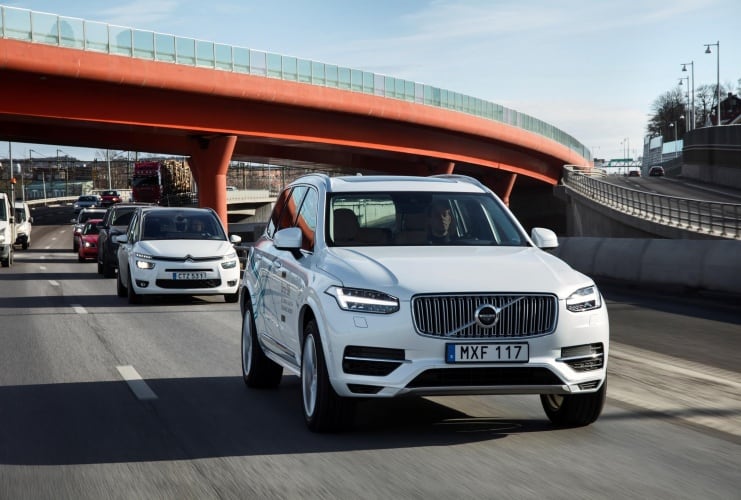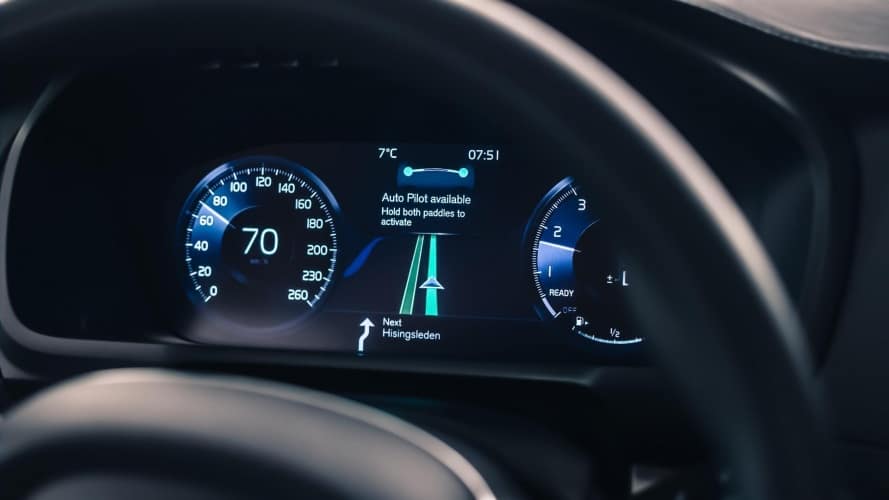
Drive Me London will involve a number of semi-autonomous cars introduced to UK roads in early 2017, expanding to as many as 100 vehicles in 2018. The initiative is part of Volvo’s ambitious commitment to prevent death or serious injury in its new cars from 2020.
"Autonomous driving represents a leap forward in car safety," said Håkan Samuelsson, president and chief executive of Volvo Cars. "The sooner AD cars are on the roads, the sooner lives will start being saved."
The project sees Volvo partnering with Thatcham Research, the motor insurers’ automotive research centre. Thatcham will provide the technical data analysis from the test vehicles, as well as any professional drivers required for the trial. According to the company’s chief executive Peter Shaw, autonomous vehicles that take over for certain sections of journeys will be available from around 2021, heralding a new age of car safety.

“Without doubt, crash frequency will…dramatically reduce,” said Shaw. “We've already seen this with the adoption of Autonomous Emergency Braking (AEB) on many new cars. Research in the US by NHTSA predicts that by 2035, as a result of autonomous and connected cars, crashes will be reduced by 80 per cent.”
“Additionally, if a crash unfortunately can't be avoided, then the impact speed will also drop as a result of the system's performance – reducing the severity of the crash."
Aside from the safety benefits, Volvo is keen to highlight the other gains autonomous driving can bring, such as reduced emissions and improved traffic flow. However, the Swedish manufacturer said that government support is key in order to facilitate the technology's smooth introduction.
"There are multiple benefits to AD cars," said Samuelsson. "That is why governments globally need to put in place the legislation and infrastructure to allow AD cars onto the streets as soon as possible. The car industry cannot do it all by itself. We need governmental help."




Nanogenerator consumes CO2 to generate electricity
Nice to see my my views being backed up by no less a figure than Sabine Hossenfelder https://youtu.be/QoJzs4fA4fo